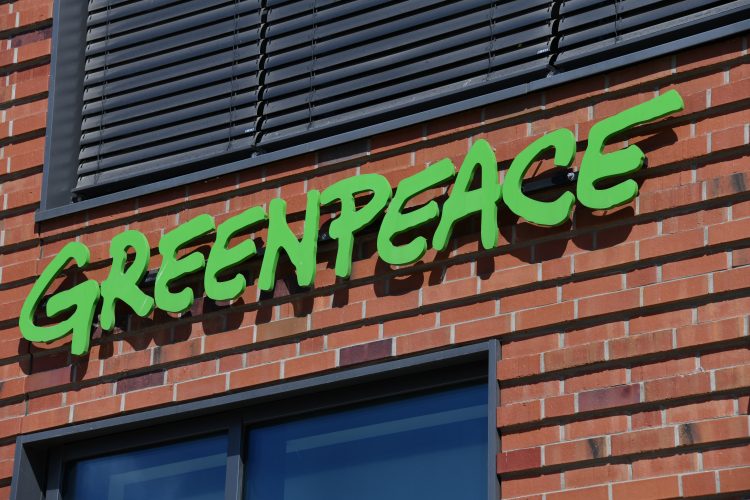Profits from 20 food operations could support 230 million
- Like
- Digg
- Del
- Tumblr
- VKontakte
- Buffer
- Love This
- Odnoklassniki
- Meneame
- Blogger
- Amazon
- Yahoo Mail
- Gmail
- AOL
- Newsvine
- HackerNews
- Evernote
- MySpace
- Mail.ru
- Viadeo
- Line
- Comments
- Yummly
- SMS
- Viber
- Telegram
- Subscribe
- Skype
- Facebook Messenger
- Kakao
- LiveJournal
- Yammer
- Edgar
- Fintel
- Mix
- Instapaper
- Copy Link
Posted: 1 March 2023 | Grace Galler | No comments yet
Twenty of the world’s largest food corporations delivered $53.5 billion to shareholders, an amount Greenpeace claims could help 230 million of the “most vulnerable people on Earth”.


Greenpeace has said that 20 of the world’s biggest food corporations delivered $53.5 billion to shareholders in the last two financial years. It says this money is enough to provide the basic needs of 230 million of the “most vulnerable people on Earth”.
The corporations that Greenpeace analysed are reportedly “world leaders” in the grain, fertiliser, meat and dairy sectors. Greenpeace has said that they all made “huge windfall profits” in 2020-21 and 2021-22 following high food prices during the COVID-19 pandemic and the war in Ukraine.
Noting that food insecurity rates have “rocketed”, Greenpeace explains that the UN appealed for $51.5 billion for 2023 which would be enough to provide food, shelter and lifesaving support for 230 million of the world’s “most vulnerable people”.
WHO launches funding appeal for the greater Horn of Africa as food crisis worsens
With the world still navigating food inflation, Greenpeace’s Food Injustice Report 2020-2022 has found that, for the dairy sector alone, just five companies provided $36.6 billion to shareholders over the two years.
“What we are witnessing is an enormous transfer of wealth to a few rich families that basically own the global food system, at a time when the majority of the world population is struggling to make ends meet,” said Davi Martins, a campaigner at Greenpeace International.
“These 20 companies could literally save the world’s 230 million most vulnerable people and have billions of profit left over in spare change. Paying more to shareholders of a few food corporations is just outrageous and immoral.”
Now, Greenpeace is calling on policymakers to “empower” consumers and food producers through policies that it says benefits local food production, the environment and workers’ rights. However Greenpeace has stated that “there must also be policies to curtail the power of large corporations that dominate the global food system, through sector-wide windfall taxes and regulations to enforce greater transparency”.
“We need policies that regulate and loosen the grip of corporate control on the global food system, or the current inequities will only deepen further. Essentially, we need to change the food system. Failure to do so is costing millions of lives,” concluded Martins.
Related topics
Food Security, Health & Nutrition, Research & development, The consumer, Trade & Economy, World Food








